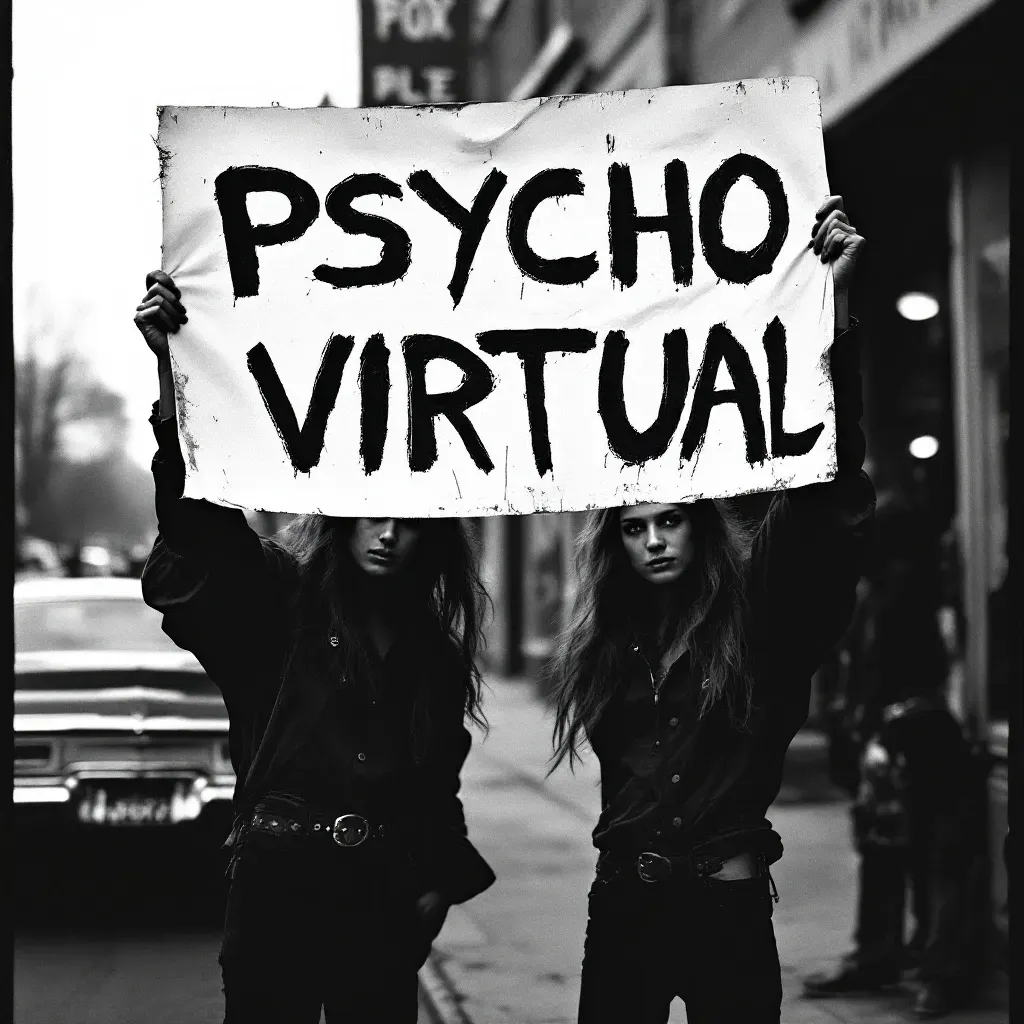Vocation: A Dialogue on Human Potential and Purpose
/ 4 min read
Vocation: A Dialogue on Human Potential and Purpose
I. The Shifting Landscape of Achievement
Seeker: I’ve been thinking a lot about how our understanding of achievement and human potential is changing. It seems we’re moving beyond just looking at systemic factors or individual effort.
Sage: Indeed. We’re entering an era where the old dichotomies are breaking down. It’s no longer about nature versus nurture, or individual versus society. We’re beginning to see a more interconnected, fluid reality.
Seeker: Right, and it feels like we’re on the cusp of something big. Like we’re about to make a quantum leap in how we understand human capabilities.
Sage: That’s an astute observation. Just as quantum mechanics revolutionized our understanding of physics, we might need a “quantum” approach to human potential – one that embraces uncertainty, non-linearity, and emergent phenomena.

II. The Mental Revolution
Seeker: I’ve noticed in my own life that my rate of learning is increasing rapidly. Looking back even a few years feels like looking at a different reality. Do you think we’re underestimating the mental revolution happening right now?
Sage: Absolutely. Your personal experience might be a microcosm of a larger shift. We’re potentially seeing a collective cognitive leap that’s hard to perceive from within. This acceleration in personal growth and learning could be indicative of a broader transformation in human consciousness.
Seeker: It’s exciting, but also a bit dizzying. How do we navigate this new landscape?
Sage: That’s the challenge we face. We might need to develop entirely new frameworks, languages, and concepts to fully grasp and articulate these changes. The old models of human potential and achievement may be inadequate for the reality that’s rapidly emerging.
III. Transcending Old Paradigms
Seeker: I’ve noticed in myself a shift away from focusing on relative achievement or external validation. For a long time, I was fixated on becoming a billionaire, but now that feels like a limiting framework.
Sage: This is a crucial insight. Moving beyond comparative achievement and externally imposed goals allows for a more authentic exploration of one’s potential and purpose. It suggests a shift from an achievement-oriented paradigm to one focused on evolution and emergence – both personal and collective.
Seeker: Yes, and even the Silicon Valley approach of “identify a problem to solve” is starting to feel outdated.
Sage: Indeed. We might be moving towards a paradigm that values internal coherence and authenticity over external benchmarks, one that embraces uncertainty and open-endedness rather than predefined problems or outcomes.
IV. The Complexity of Human Desires
Seeker: But here’s the thing – even as I’m thinking about all this, I still want a Richard Mille watch!
Sage: (laughs) And that’s perfectly human! It illustrates the complexity and sometimes contradictory nature of our desires and motivations. Evolving beyond materialistic thinking doesn’t necessarily mean rejecting material pleasures, but perhaps developing a different relationship with them.
Seeker: So it’s about holding these seemingly disparate aspirations in balance?
Sage: Exactly. The ability to embrace this complexity and apparent contradiction might itself be a hallmark of the emerging cognitive paradigm we’ve been discussing. It’s about integrating various aspects of our psyche – from the transcendent to the mundane.

V. Charting the Path Forward
Seeker: So where do we go from here? How do we apply these insights?
Sage: That’s the big question. We might need to rethink our educational and professional systems to better align with these more nuanced and internally-driven forms of achievement. We’ll need to find new ways to articulate and pursue success, impact, and purpose.
Seeker: And balance this intrinsic, growth-oriented approach with practical societal needs?
Sage: Precisely. The challenge – and the opportunity – lies in reimagining progress and human potential in a way that honors our full humanity, including our quirks and contradictions. It’s about creating frameworks that allow for both personal evolution and collective advancement.
Seeker: It’s a lot to process, but it feels like we’re at the threshold of something transformative.
Sage: Indeed we are. And conversations like this, where we grapple with these emerging ideas, are part of how we’ll navigate this new frontier of human potential and purpose.